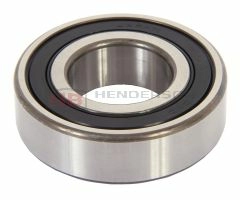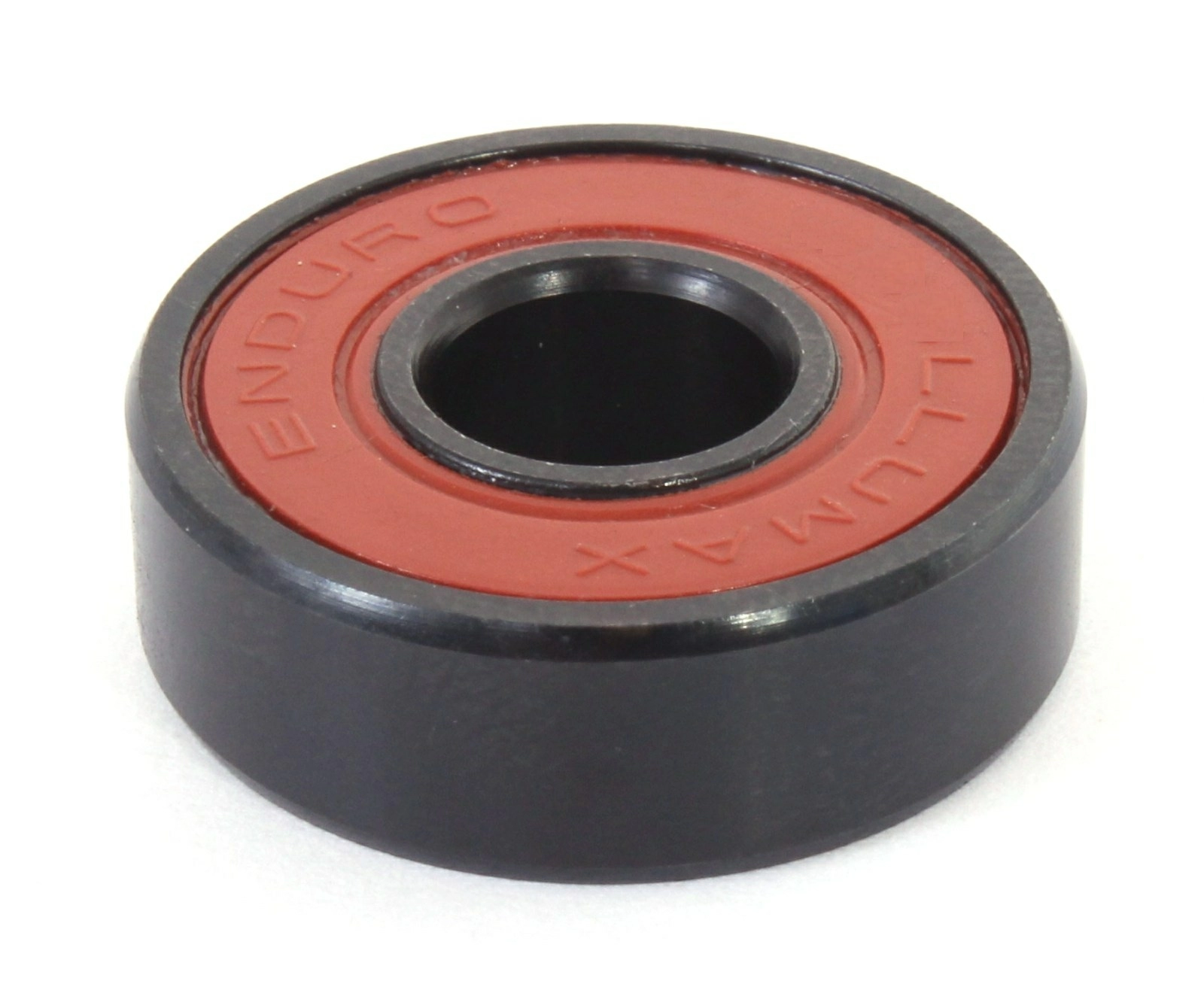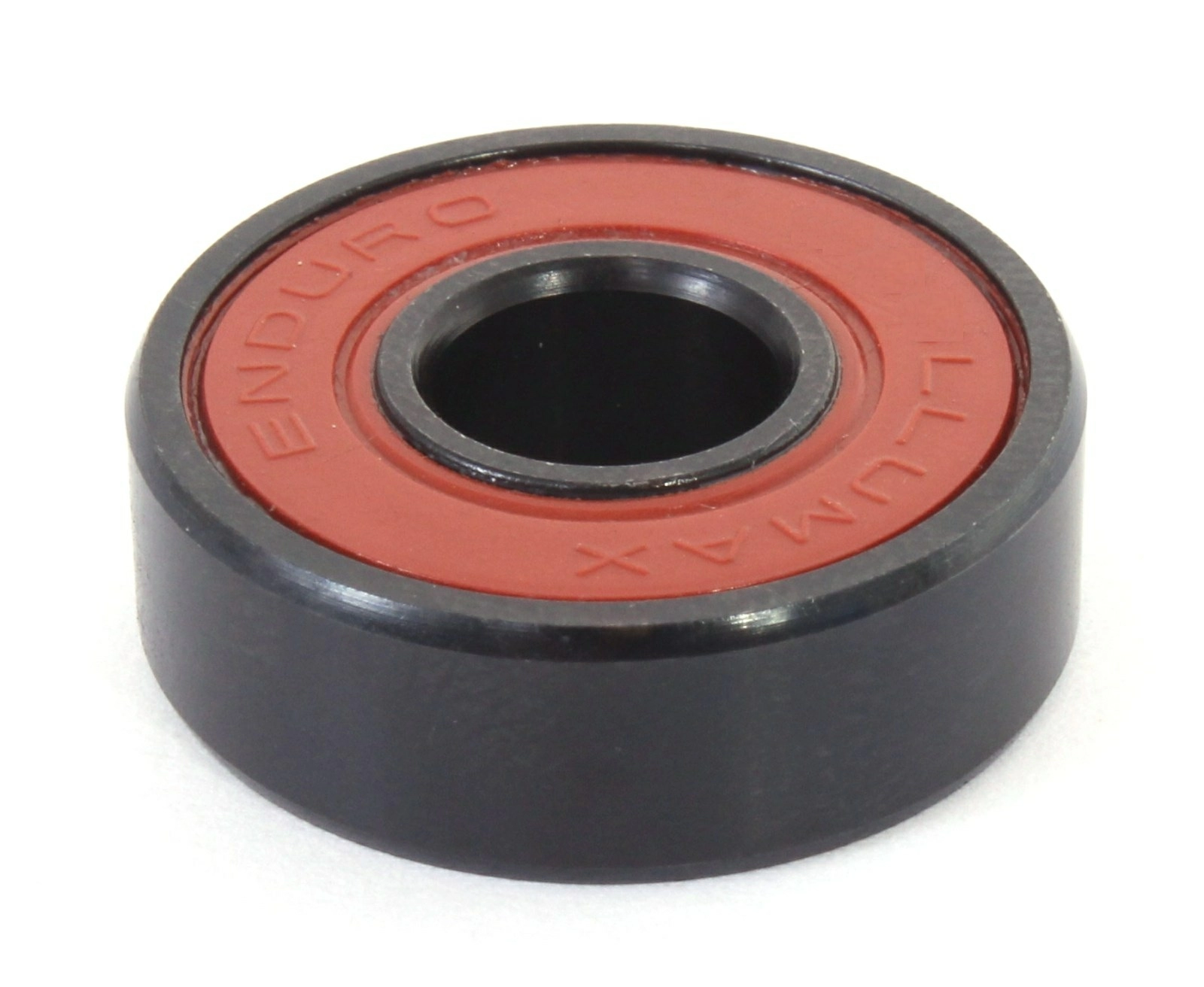Bearing: 6205 ZZ C3: HCH HCH: 6205zz 6205 2z 62052z - bearing 6205 zz c3
Sign up for the latest product arrivals, inspiring ideas for your events and sale alerts.
The ABEC standard is used to classify bearings according to their machining tolerance. This standard is regularly called into question because it does not include certain technologies that are important for guaranteeing proper operation, both in terms of efficiency and bearing life.123Roulement therefore makes little use of this standard.
Self-aligning ball bearings and deep groove ball bearings serve different functions based on their design: Self-aligning ball bearings: Ideal for scenarios with alignment errors or shaft deflections, they adjust to angle changes within the machinery, optimizing operation. Deep groove ball bearings: Designed to handle radial and axial loads efficiently but do not compensate for misalignments.
Deep groove ball bearings are among the most widely used because of their versatility and performance. Reasons to choose them include: High Load Capacity: They can bear both radial and axial loads, making them versatile for various applications. High-Speed Capability: These bearings can operate efficiently at high speeds, which makes them suitable for numerous industrial and automotive uses. Simplicity and Durability: With a straightforward design, deep groove ball bearings are durable and relatively easy to maintain. Versatility: Useful in a variety of applications, from electric motors to household appliances and more.
Means "increased internal clearance". Often referred to as high-speed, this means that the bearing is designed for high rotational speeds and moderately high temperatures. CAUTION: a bearing with increased internal clearance will not operate optimally at low speeds. Please refer to the data sheet for the bearing you are looking for to find out its rotation speed limit.
The Deep Groove Ball Bearing, known as 6313-C3 Generic, has an inner diameter of 65 mm, an outer diameter of 140 mm and a thickness of 33 mm.

A deep groove ball bearing is a type of bearing that has deep raceway grooves. These grooves are very close to the dimensions of the rolling elements, or balls, that move within them. This specific design allows these bearings to handle both radial and axial loads from different directions. The deep grooves ensure a tight fit between the balls and raceways, increasing the bearing's load capacity and overall durability.
These suffixes mean "with 1 or 2 rubber seals". At 123Roulement, we use the number "2" to specify when the bearing is sealed on both sides.
The differences between these two types of bearings primarily lie in their design and load handling capabilities: Angular contact ball bearings: Designed chiefly to handle axial loads in one direction and are capable of operating at high speeds. They are set at an angle to bear loads and are typically used in pairs. Deep groove ball bearings: Although able to handle radial and axial loads, they are typically better for applications that require less axial load capacity compared to angular contact bearings. Each type fits specific applications best, depending on the requirements for load, speed, and alignment.
These suffixes mean "with 1 or 2 sheet metal deflectors", for dust-tightness. At 123Roulement, we specify whether the bearing is sealed on 2 sides with "ZZ".
This suffix indicates that the bearing is designed for very high operating temperatures. In general, the temperature is indicated after this suffix.Beware, these bearings are not suitable for all applications, and will require a high temperature for optimum service life.
The Deep Groove Ball Bearing, known as 6313-C3 Generic, has an inner diameter of 65 mm, an outer diameter of 140 mm and a thickness of 33 mm.
Some bearings are available with more or less important variants (high or low internal clearance, special grease, very high temperature, etc.). These variants are systematically indicated by prefixes and suffixes in the part number.For example, the suffix "2RS" means that the bearing is splash-proof, thanks to a sealing flange on both sides of the bearing.The suffix "C3" means that the bearing has increased internal clearance, and will require a higher operating temperature, or a higher rotation speed.
The Deep Groove Ball Bearing, known as 6313-C3 Generic, has an inner diameter of 65 mm, an outer diameter of 140 mm and a thickness of 33 mm.

These suffixes indicate that the cage (the part of the bearing that holds the balls apart) is made of polymer material. Usually made of glass-fiber-reinforced polyamide.

A stainless steel bearing is generally magnetizable, as it is made from AISI 420 stainless steel, which is harder and more shock-resistant than standard stainless steel (AISI 304).To check whether your bearing is made of stainless steel, simply read the reference engraved on the side of the bearing. This reference should begin with the prefix "S" meaning "Stainless Steel".
JavaScript seems to be disabled in your browser. For the best experience on our site, be sure to turn on Javascript in your browser.




 8613869596835
8613869596835